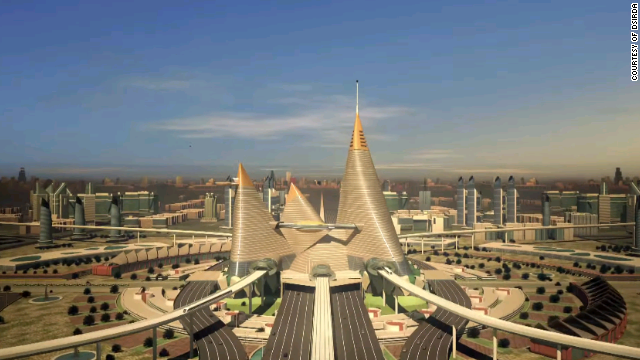Researchers at the University of Birmingham worked with children, young people and their families living in a new urban development in India to understand the everyday experiences of urban transformation – with the results informing the future development of Indian cities.
Their research with 350 participants has led to findings which are intended to help make other cities across India, indeed any cities undergoing change, citizen-friendly and sustainable.
The researchers spent almost a year living in Lavasa, a new private sector-led urban development initiative in the Indian state of Maharashtra – currently under construction. It is planned that the development will be home to some 300,000 people.
Researchers gathered evidence from families across a diverse range of social backgrounds – investigating their experiences of living, playing, working and learning. This is the first in-depth ethnographic research to explore the lived realities of new, large-scale, city-building projects in India.
Dr. Sophie Hadfield-Hill and Dr. Cristiana Zara conducted interviews, guided walks, workshops and used a mobile app ‘Map my Community’ to gather data on children, young people (aged 5-23) and their families experiences of everyday life, particularly in terms of sustainable design, mobility and access to nature and green space.
A series of core themes emerged, associated with education provision, infrastructures, nature and green space in the city, deepening inequalities and the hopes and aspirations of urban change.
Funded by the Economic and Social Research Council (ESRC) the ‘New Urbanisms in India: Urban living, sustainability and everyday life’ project sets out 10 recommendations across the core project findings that apply to any new site of urban transformation, as well as future phases of the Lavasa development. These recommendations include:
- New urban spaces, whether they be entirely new cities or sites of urban change should not be visioned, designed and built without considering the everyday lives, needs and desires of diverse groups of children, young people and families;
- Seek opportunities to utilise local resources, skills, labour and knowledge in urban development;
- Place schools at the heart of urban planning – they are essential to creating strong community relationships and enable families to commit to urban change;
- When planning, building and transforming urban spaces, developers and policies need to be sympathetic to the landscape of memories and ancestral land connections which families and communities hold;
- Play spaces are important for young people’s lives and careful consideration needs to be given to their safe location, walkability and accessibility for all young people;
- Create shared spaces where people can meet, eat, walk and play to help foster a sense of community belonging;
- Connect all areas of a new development to services – electricity, water and transport must be a priority;
- Build and maintain road and footpath connections between different urban spaces, this is vital for social and economic prosperity;
- Ensure people have good access to natural spaces and water for recreation.
